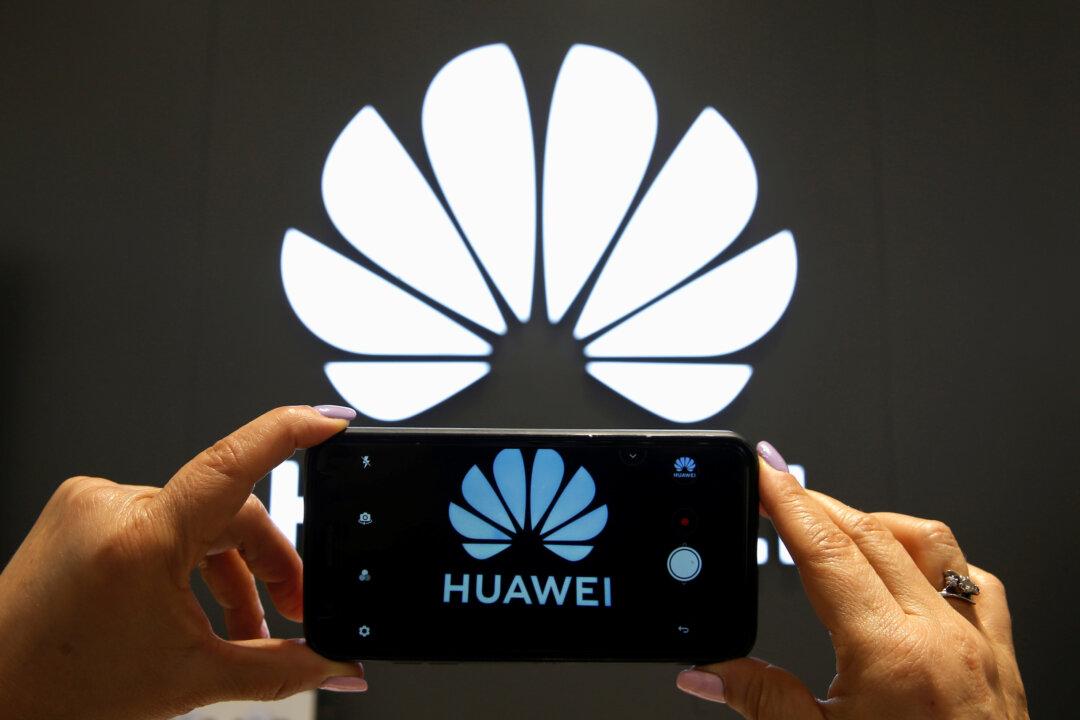WASHINGTON–President Donald Trump agreed at a meeting with the heads of top technology companies like Google on July 22 to make “timely” decisions on requests by U.S. companies to sell to blacklisted Huawei Technologies Co Ltd, the White House said.
But even as the CEOs of the companies “requested timely licensing decisions from the Department of Commerce,” the White House said in a statement that the executives expressed “strong support” for national security restrictions on U.S. telecom equipment purchases and sales to Huawei.





